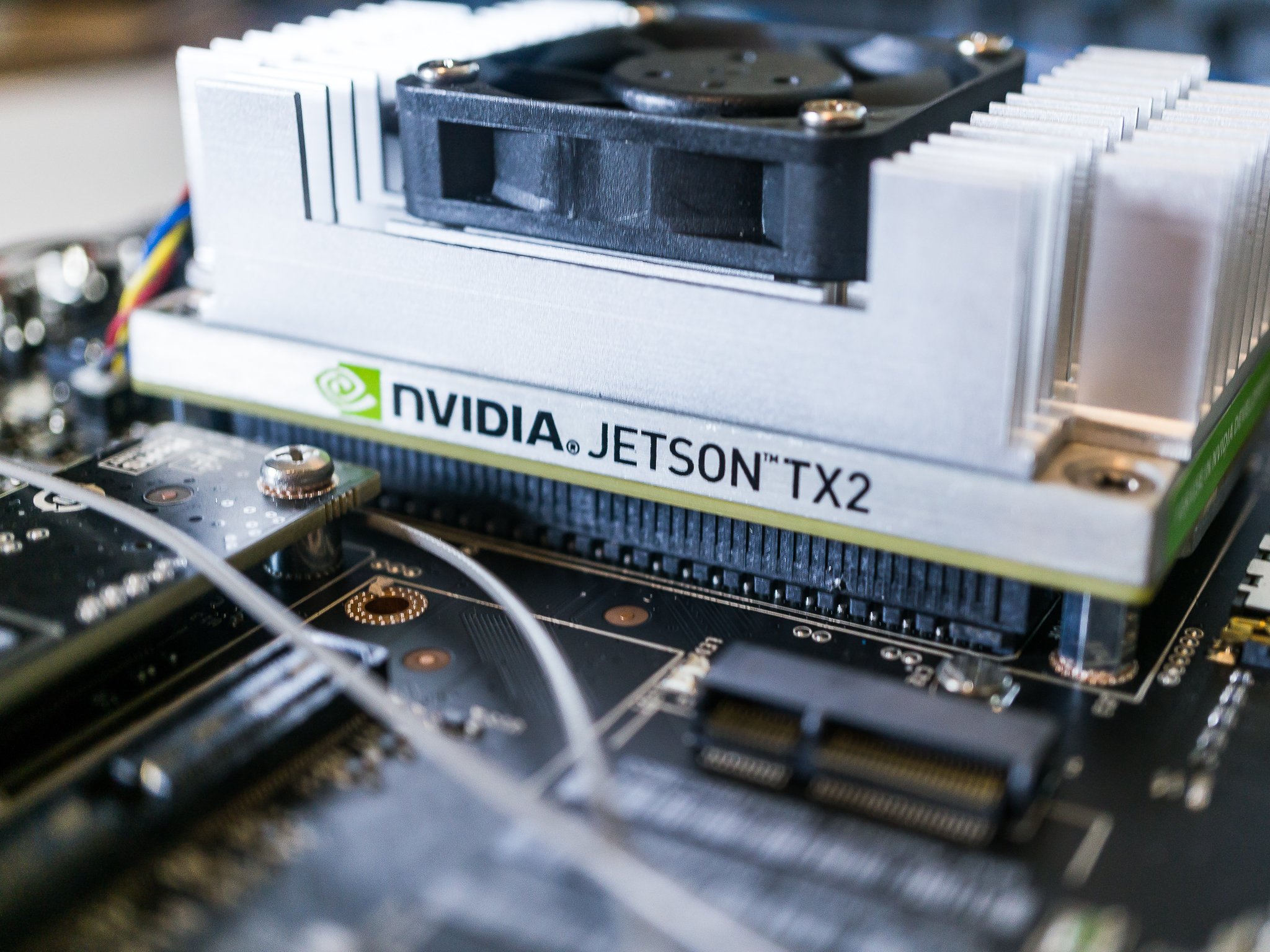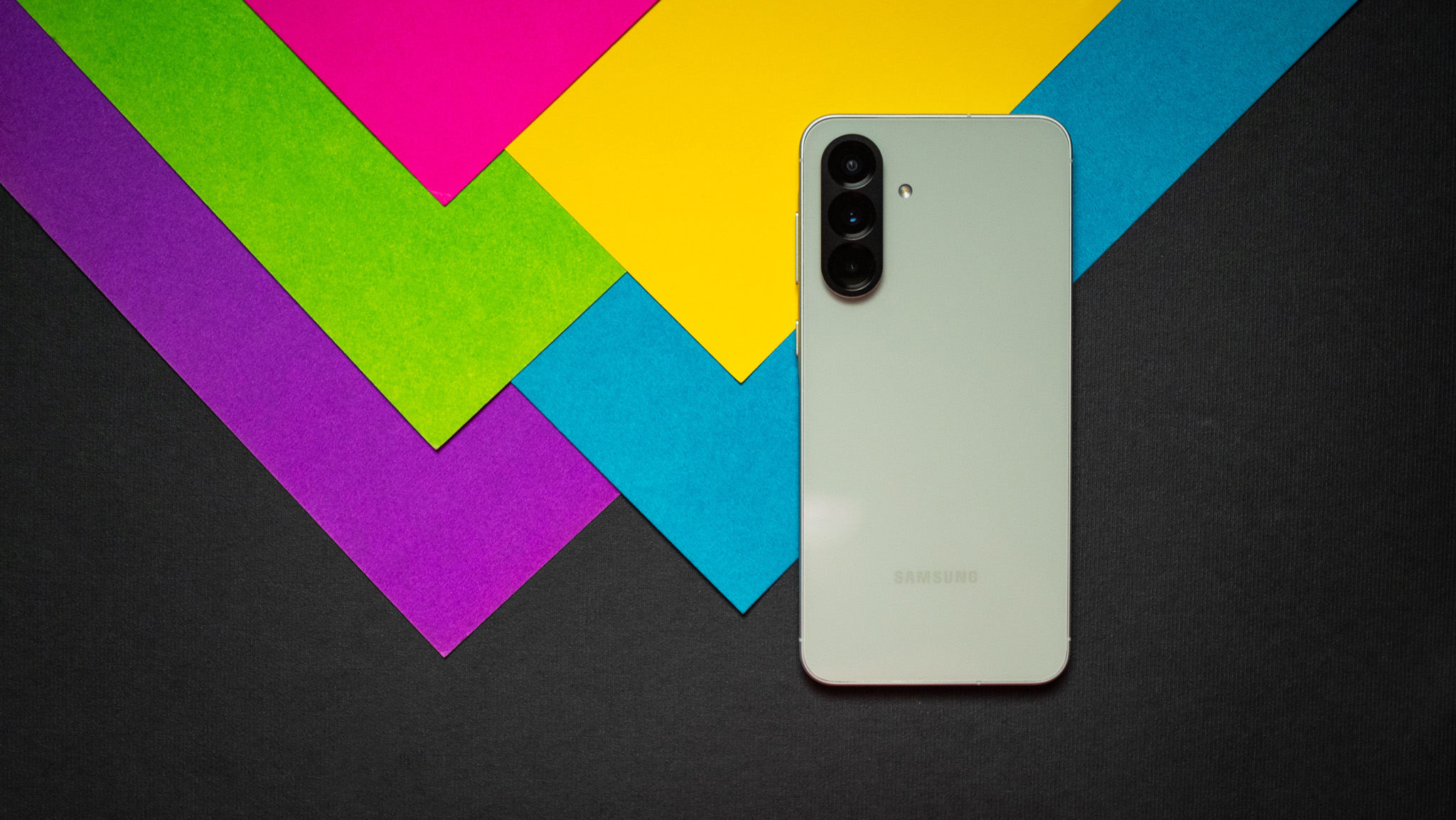Nvidia's efforts to further consolidate the industry by purchasing Arm are all but dead

Nvidia buying Arm would, in the short-term, at least, seem like a good move for consumers. For one, it'd be a new venue for Nvidia to design and license excellent machine learning properties and likely buffer the capabilities of the standard Mali GPU used in so many mobile devices. But it seems like that's not going to happen.
In September 2020 Nvidia formally announced that it would be spending $40 billion on Arm Holdings. The deal would also see Softbank — Arm's current majority owner — gain a 10-percent stake in Nvidia and the company would remain in Cambridge England for "the foreseeable future." Of course, the next step was to seek regulatory approval and this is where things turn south.
The E.U. has already voiced its displeasure over the purchase. In the U.S., the FTC is suing to block the merger completely. At this time, we haven't heard anything official from China, but unless Nvidia finds a legal way to funnel money and technology into the country like Apple has, the Chinese government is very unlikely to approve of the acquisition. I mean, even one of Arm's original founders is against the idea.
As an aside, if you're curious why a British company owned by a Japanese corporation potentially being purchased by a U.S. brand needs approval from the E.U. or China, well, technically, it doesn't. As long as Great Britain (which is now independent of the E.U.), Japan, and the U.S. approve the sale, it can go forward. But Nvidia/Arm and all of the company's partners would very much like to sell products in the E.U. and China, so the two governments are very much involved.
While I don't have any authority over who buys Arm, I don't like the idea either, and I've written about it several times. My reasons are different, though, as I'm not inclined to care about what's best for Qualcomm or Samsung, or any other company that makes the Arm chips that power the best Android phones. I care about the long-term effects further consolidation of the tech industry may have from the consumer viewpoint.
Saying this would drive innovation and development of competing technology may be true.
I've heard plenty of feedback from folks who disagree with my views on the matter, and I thank the folks who took the time to reach out. I agree with many of the counterpoints offered to me, such as the notion that this will spur development on other existing processor architectures or even drive a company like Apple or Google to fund the development of a new design. I'm also a perpetual cynic who is confident that companies will just play along because it's easier and more cost-effective even if Arm becomes as challenging to work with as Nvidia has always been.
I'm a fan of Nvidia. I think the company makes excellent GPUs and its current Arm chips are great at being everything except power-efficient. I have about a dozen products powered by Nvidia and have paid retail for them all. But I can't ignore what others have said about working with Nvidia. Qualcomm has laid out a list of reasons why Nvidia would be a terrible steward for ARM core designs. Apple famously kicked the company to the curb over its practices. Unfortunately, the kernel developer that powers your Android phone has a message that I'm not able to repeat in regards to working with Nvidia, so I'll let him say it. Warning: It's pretty salty.
Be an expert in 5 minutes
Get the latest news from Android Central, your trusted companion in the world of Android
There is no reason to think that Nvidia will have the same mindset regarding ARM designs. In fact, doing so would hamper profits because Arm is a unique company that makes money by not making any products themselves. Instead, the company generates revenue by license fees. In this own words via a filing with the U.S. Securities and Exchange Commission:
We rely on our semiconductor partners to manufacture and market microprocessors based on our architecture to receive royalties in the future. We also depend on them to add value to our licensed architecture by providing complete ARM-based microprocessor solutions to meet the specific application needs of systems companies.
In any case, my feelings — or Qualcomm's, or Apple's, or Linus Torvalds' — have no bearing, nor should they. The final word comes from global regulatory bodies, and Nvidia needs them all to agree. So far, things are looking very bleak on that front, and it's only going to get worse if China thinks the sale will go through.
As much as I want to see Nvidia refine and license its core ML designs, we might have dodged a bullet with this one.

Jerry is an amateur woodworker and struggling shade tree mechanic. There's nothing he can't take apart, but many things he can't reassemble. You'll find him writing and speaking his loud opinion on Android Central and occasionally on Threads.
